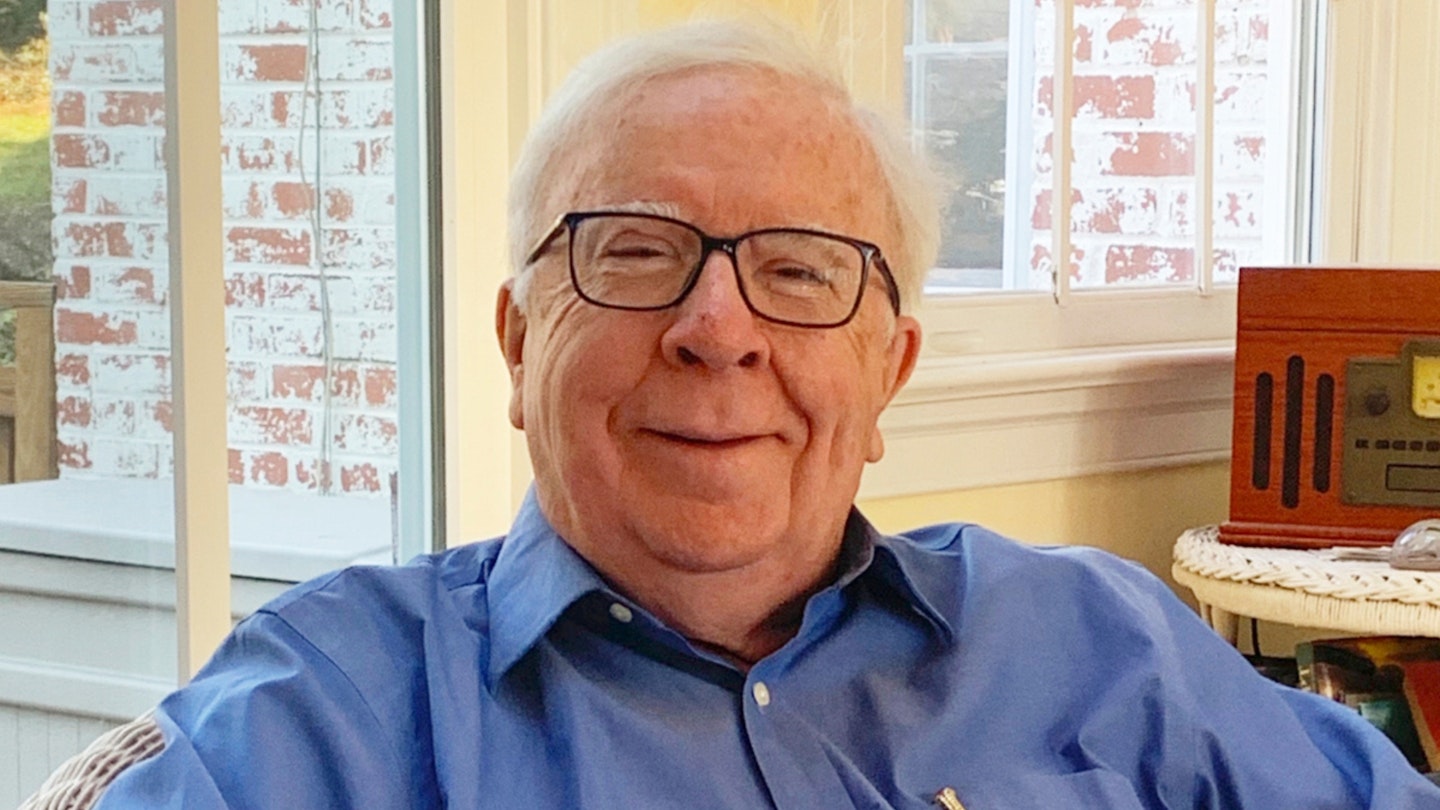Expert Consulted: Dr Richard Restak
We all know that sinking feeling when our memory fails us – a name shrinking away from our mental reach, or a forgotten appointment. Is it just a momentary slip, or something more sinister? “Anyone over 50 lives in fear of the big A – Alzheimer’s disease,” says neurologist and neuropsychiatrist Dr Richard Restak_._ But while it’s true the number of people with dementia is increasing because people are living longer, Dr Restak – who is 81 and still works as a clinical professor – says Alzheimer’s is not as common as people fear. Over 850,000 people in the UK have dementia, but only one in 14 people over the age of 65 have the condition and one in six of the over 80s.
When should I worry?
Becoming a bit more forgetful is a normal part of ageing – your brain gets full up: “Some memory failures are at least partially the result of the increased amount of information they have to sift through to come up with a specific memory,” explains Dr Restak. “Occasional failures of memory retrieval aren’t signs of brain degeneration, but an inevitable effect of living longer.” As you age, changes occur in all parts of the body, including the brain, but that doesn’t necessarily signal that you are heading for a dementia diagnosis.

Memory boosters
There are no guarantees that dementia can be avoided, but exercising your brain with education, challenging careers and stimulating pastimes is associated with less cognitive decline. In other words, keep your memory highly tuned by being engaged and mentally active. “This may offer some protection from the ravages of Alzheimer’s and other dementias,” explains Dr Restak. “You have everything to gain by increasing your memory skills and nothing to lose.”
Understanding the way memories are formed is also helpful. Neurons – the specialised brain cells designed to transmit information – make new physical connections when a new long-term memory is formed. “An almond-shaped structure in the brain called the amygdala endows memory with emotion,” says Dr Restak. “Emotions anchor our memories.”
Recall tricks to try
Organisation
Our brains are designed to work with meaning. “Organisation involves creating a framework for transforming random information into something meaningful and therefore easier to memorise,” explains Dr Restak. For numbers, try associating them with rhyming words or images, whichever works best for you. For example, zero could be hero. One is sun, two is shoe and so on. Images could include a golf club for six, a cliff for seven, an hourglass for 8. You get the picture!
Situational awareness
Bring heightened attention to your surroundings. “On request, a Navy Seal must be able to describe the location of the doors and windows of a room, in order to make an escape if needed,” explains Dr Restak. “The more you practice this exercise, the greater the breadth and depth of your memory.”

Loci
Loci is a Latin term that means locations. Choose a selection of places you know well and have a meaning for you – a room in your house, your local library, your favourite coffee shop. The idea is to use them as tools to attach terms and information to. Their familiarity means they can be easily recalled. A grocery list of milk, bread and ketchup might entail imagining your house turned on its side with milk pouring out of the chimney, your local library with bread on the shelves, your coffee shop flooded with ketchup.
Chunking
When it comes to recalling long numbers in their exact order, try chunking – separating them out into smaller groups as with telephone numbers, bank account and credit card numbers. Most of us are only able to remember between five and seven pieces of numerical information at once.

Brain-boosting habits
Research published in The Lancet suggested up to 40 per cent of Alzheimer’s cases could be prevented or delayed by healthier lifestyles. Here are Dr Restak’s tips:
Siestas
Research from China has shown that people who napped for 30 to 90 minutes had better word recall – a sign of good memory – than people who did not nap or who napped for longer than 90 minutes.
Chocolate
Choose good-quality chocolate that’s at least 70 per cent cocoa. Research showed adults ages 50 to 69 who took a cocoa supplement had improved performance on memory tests.
Reading novels
Fiction requires the reader to proceed from beginning to end while retaining in working memory the various characters and plot developments. Remembering when a character was first encountered, along with their back story, exercises the memory.
Eat well
Choose antioxidant and vitamin-rich blueberries and raspberries, fermented foods such as kombucha, kefir, yogurt and sauerkraut (helpful for the gut and brain). Leafy greens with B vitamins and folate, such as such as rocket, watercress, spinach, Swiss chard, dandelion leaves and lettuce, help brain function.

No alcohol
Alcohol is a known, albeit weak, killer of brain cells. Abstain completely from alcohol by the age of 70 at the latest.
Keep moving
Regular exercise can significantly reduce the risk of developing dementia by about 30 per cent. Even walking a mile daily makes a difference.
Brain-teasers
Keep challenging your memory! Try listing backwards the British Prime Ministers from Rishi Sunak to Winston Churchill. Write them out or speak them in order using a voice recorder or mobile phone. Now list them in your mind the other way round.
Have a cuppa
Both tea and coffee are associated with a lower incidence of dementia. UK research has shown that those who drink two to three cups of coffee and two to three cups of tea per day have a 28 per cent lower risk of dementia.
Red flag or regular forgetfulness?
Dr Restak answers common worries for people about memory slip-ups
“I forgot where I parked in a shopping centre car park.”
Dr Restak says: “Perfectly normal forgetting. You hadn’t given much attention to the parking place, so you could only form an imperfect memory, or in this specific instance, no memory at all.”

“I couldn’t remember how I got to the shopping centre.”
Dr Restak says: “Potentially a serious impairment in normal memory functioning. Instead of having difficulty remembering one item out of many (where you parked), you lost the ability to recall how you even arrived in the first place, along with all the interactions that would invariably have taken place along the way.”
“I can’t remember the names of my grandchildren.”
Dr Restak says: “Remembering the names of grandchildren is closely aligned with the interest you have in them, and in children in general, not necessarily a sign of an impaired memory.”

“I took the wrong exit at a roundabout.”
Dr Restak says: “Don’t worry. After a task is carried out enough times, it is no longer necessary to pay conscious attention when doing it and can be overridden by daydreaming, lack of focus, or poor attention.
“I have increasing difficulty remembering names.”
Dr Restak says: “This phenomenon is normal. One name can easily be substituted for another – there is no necessary connection between a name and a face. That’s why names are so hard to remember.”
Meet the experts

Dr Richard Restak is Clinical Professor of Neurology and author of The Complete Guide to Memory.
